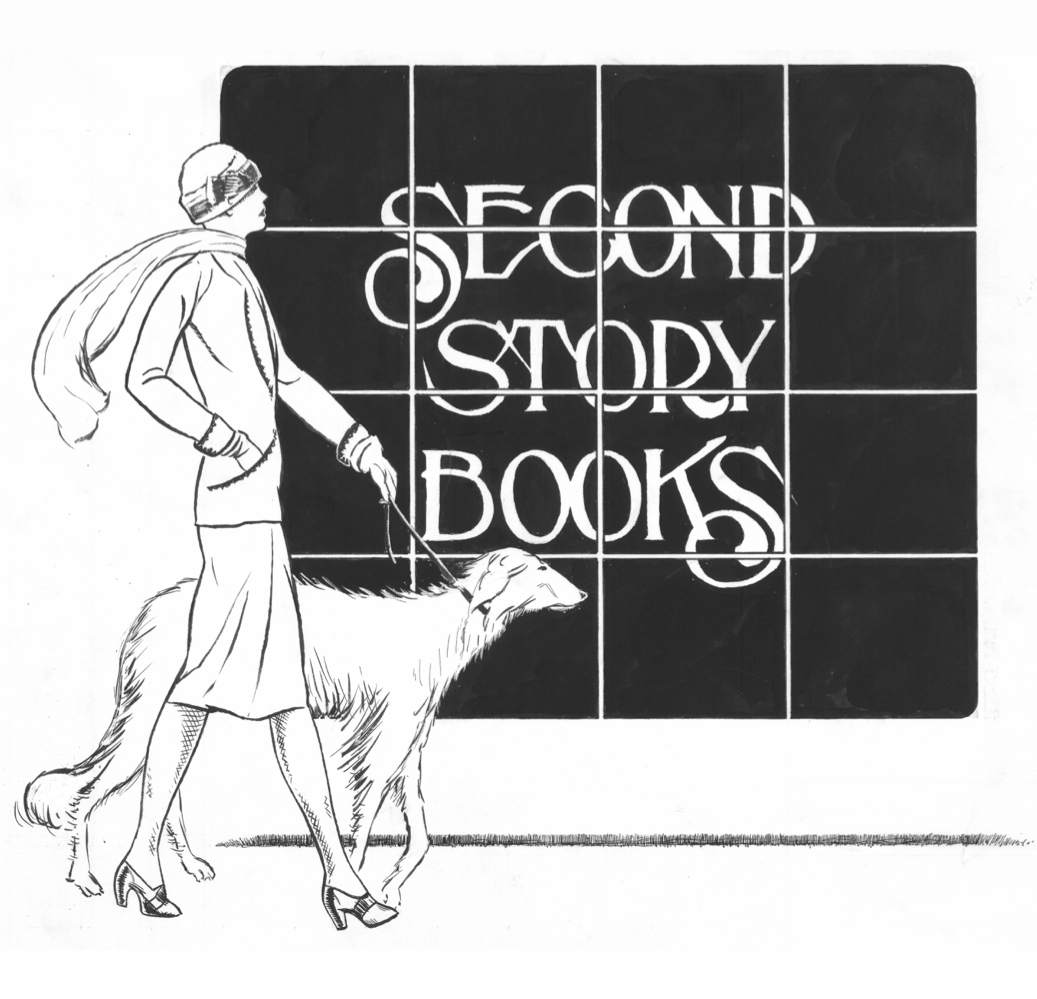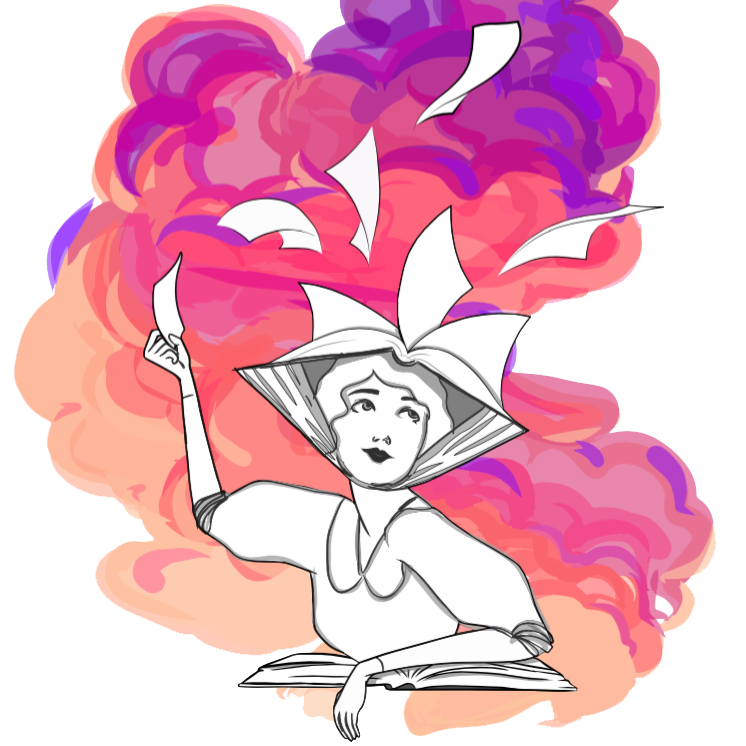
ARCHIVE OF 4 T. S. ELIOT DOCUMENTS
An archive of 4 T.S. Eliot items sent to Selden Rodman
All documents have some scorching in the margins, some loss of letters and edges trimmed, as is not unusual for material from the Rodman archive.
The first is a one page TLS on 'The Criterion' letterhead, dated 30 May 1931 and thanks Rodman for sending him a copy of 'The Harkness Hoot,' and speaks against the current educational systems: "I dare say there is still some higher education in France and Germany, but the English-speaking countries will soon have forgotten completely the meaning of the word."
The second and third are a pair, the second being a one page TLS on Faber & Faber letterhead, dated 7 August 1942 to Rodman in his role as co-editor of Common Sense. Rodman had asked Eliot for a piece of writing, and Eliot has had "not time, unfortunately, to write anything for your purpose at the moment. But it happened that I had just broadcast to Sweden on this subject, and I enclose the text on which this broadcast is based. There is of course a lot more to be said, a good deal that one would say to an American public and not Swede, and this may look too ['infantile' is xed out here] simple." With it is the third item, a three page carbon copy of Eliot's article 'Poetry in War Time.' Pages two and three with some hand-annotations and corrections, presumably by Eliot.
The fourth is a one page TLS dated 1 July 1946 regretting not being able to see Rodman in New York.
RW consignment; shelved case 0.
W1008.
1351453
Shelved Dupont Bookstore
Sold
NOTES
All are from the archive of Selden Rodman, a prolific American writer of poetry, plays and prose, political commentary, art criticism, Latin American and Caribbean history, biography and travel writing. Publishing more than 40 books, he also founded The Harkness Hoot at Yale in the early 1930's before traveling to Europe and integrating himself with the literary giants there, including Pound, Joyce, and Mann. Upon his return to New York, he co-edited Common Sense magazine, which Arthur M. Schlesinger, Jr. stated became "the most lively and interesting forum of radical discussion in the country." He is known for the conversations and letters he had with some of the premiere literary and art figures of his time, many of which are housed at Yale, as well as his love and promotion of Haitian and other folk art.;



